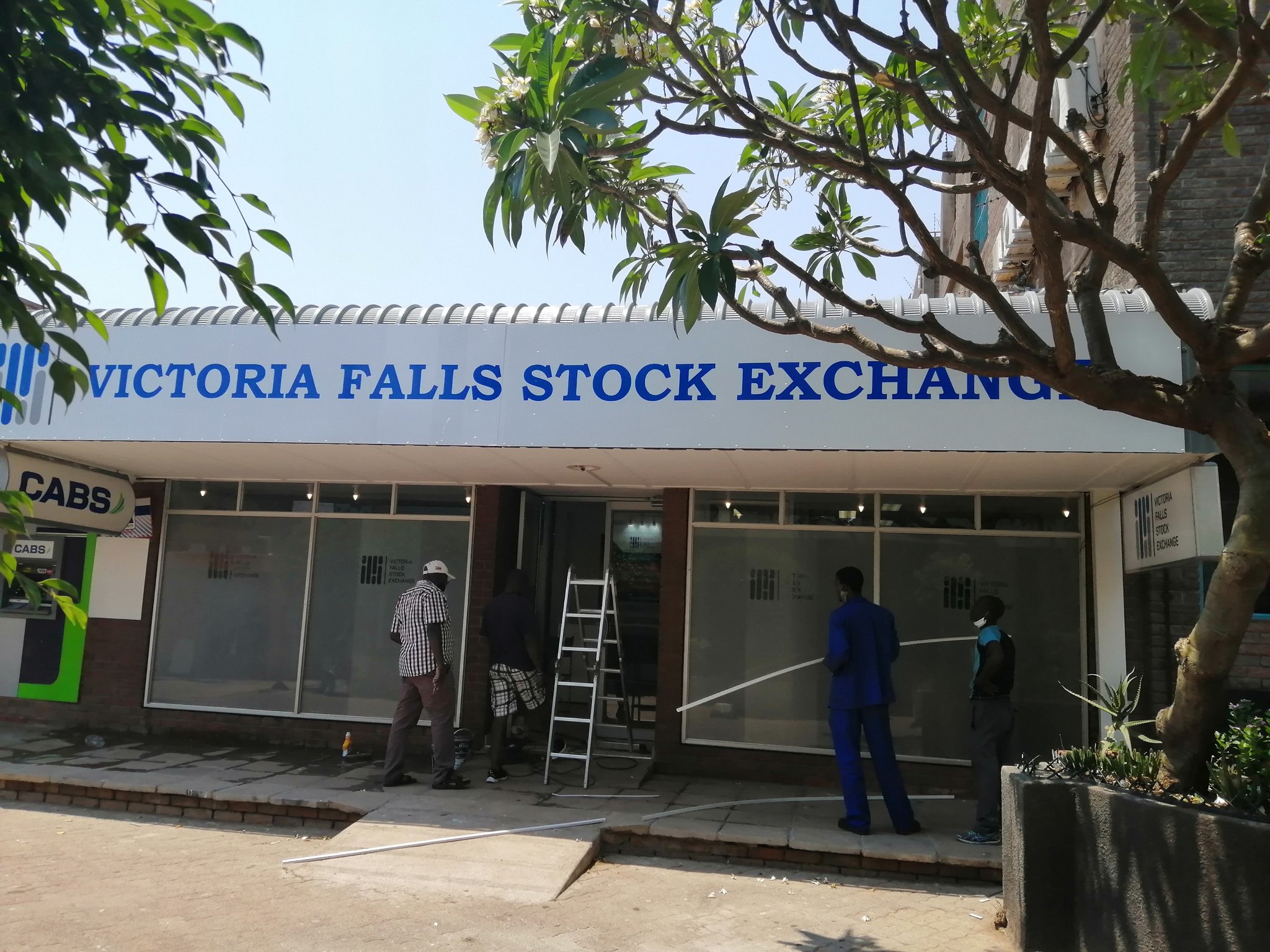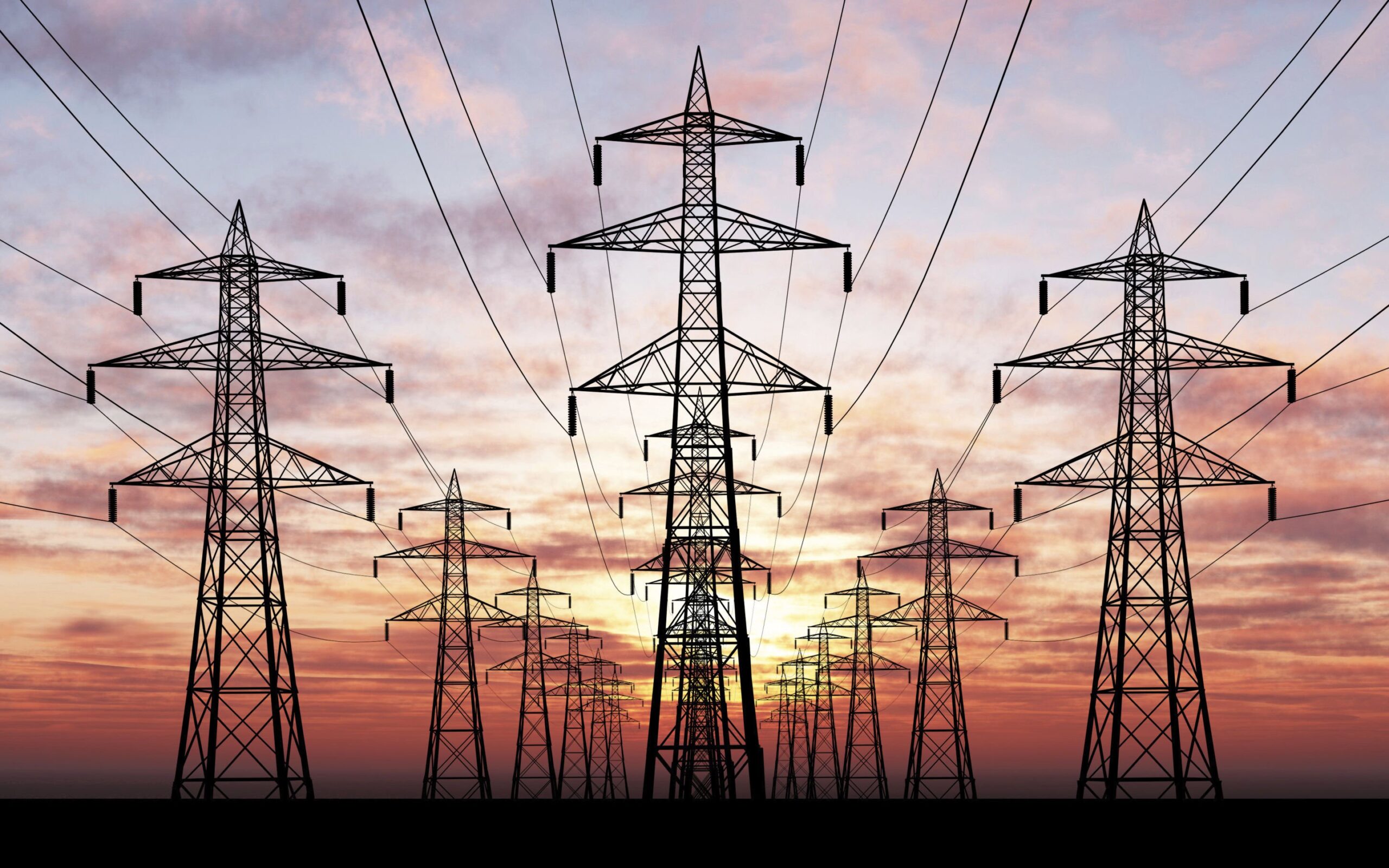46 IPPS now feeding into national grid
A TOTAL of 46 active Independent Power Projects (IPPs) with a capacity to generate over 200MW, are feeding 54,58MW into the national grid and the Government is rolling out a standardised implementation agreement to accelerate the generation of 1 100MW.
Towards the end of last year, Finance, Economic Development and Investment Promotion Minister, Professor Mthuli Ncube, announced that the projects had been recommended for support under the Government Implementation Agreement (GIA) to prop up reliable and sustained energy supply, a key enabler for sustained economic growth as espoused in the National Development Strategy 1 (NDS1).
Under NDS1, the country targets to generate 3 500MW by 2025 as Zimbabwe moves towards an upper middle-income economy society by 2030.
“We have 46 operational IPPs with a total capacity of 222.83MW of which 15 are feeding 54,58MW into the grid with the balance being for own consumption,” said the Zimbabwe Energy Regulatory Authority (Zera) chief executive officer, Mr Edington Mazambani.
Since 2010, Zera has since licensed over 100 IPPs but most of the projects have failed to take off largely due to funding constraints.
The Government intends to speed up investments by the IPPs with a focus on solar projects.
Under the GIA framework, Mazambani said together with the Government they are advocating for investors in the energy sector to have projects that have a good return.
“For IPPs, we don’t talk of cost reflective tariffs, but tariffs which will give them a good return. Each project has a unique cost structure depending on the technology, capacity, distance the project is from the grid and also the source of the feedstock.
“But what we advocate for as the regulator and also as required by the Government, is that a project must be able to have a good return and we don’t just take their (IPPs) figures at face value.
“We also interrogate the numbers to say do these numbers make sense. IPPs need to have a good return and that’s the only way we can attract capital into the power project,” he said. —Business Weekly









